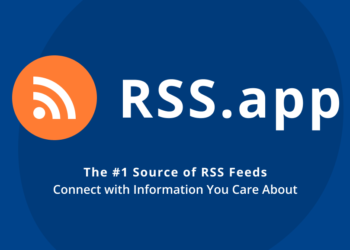A five-year experiment aimed at improving care for some of California’s most at-risk Medicaid patients — including homeless people and people with severe drug addictions — resulted in fewer hospitalizations and emergency room visits that saved taxpayers an estimated $383 per patient per year, according to a review released Wednesday.
The UCLA Center for Health Policy Research said that for every 1,000 people enrolled in California’s Whole Person Care pilot program, there were 45 fewer hospitalizations and 130 fewer ER visits when compared with a similar group of patients who were not in the program.
California has the largest Medicaid program in the country, with about 13 million people getting free health care from the government. That’s about one-third of the state’s population.
CALIFORNIA CITIES RATTLED BY PROSTITUTION, HUMAN TRAFFICKING IN BROAD DAYLIGHT AS COPS PIN BLAME ON NEW LAW
In 2016, the state launched an experiment focused on the most at-risk Medicaid patients, those who were prone to expensive, repeated hospital visits but whose conditions rarely improved. These included people who were homeless or at risk of becoming homeless, people recently released from prison, people with multiple chronic health conditions and patients with severe drug addiction or mental health problems.
These programs focused not just on a person’s medical care, but also things like transportation, education, legal assistance and help finding and keeping a job. The program did not pay for people’s housing, but it did pay for things to help them get housing — including money to cover security deposits, first month’s rent, furniture and moving expenses.

CALIFORNIA MOUSE WINS GUINNESS WORLD RECORD AS OLDEST LIVING MOUSE IN HUMAN CARE AT 9 YEARS OLD
Sacramento Covered, a nonprofit that works to connect people with social services in California’s capital, partnered with the local housing authority to find people places to live. Kelly Bennett, the group’s CEO, said it was often…
Read the full article here






